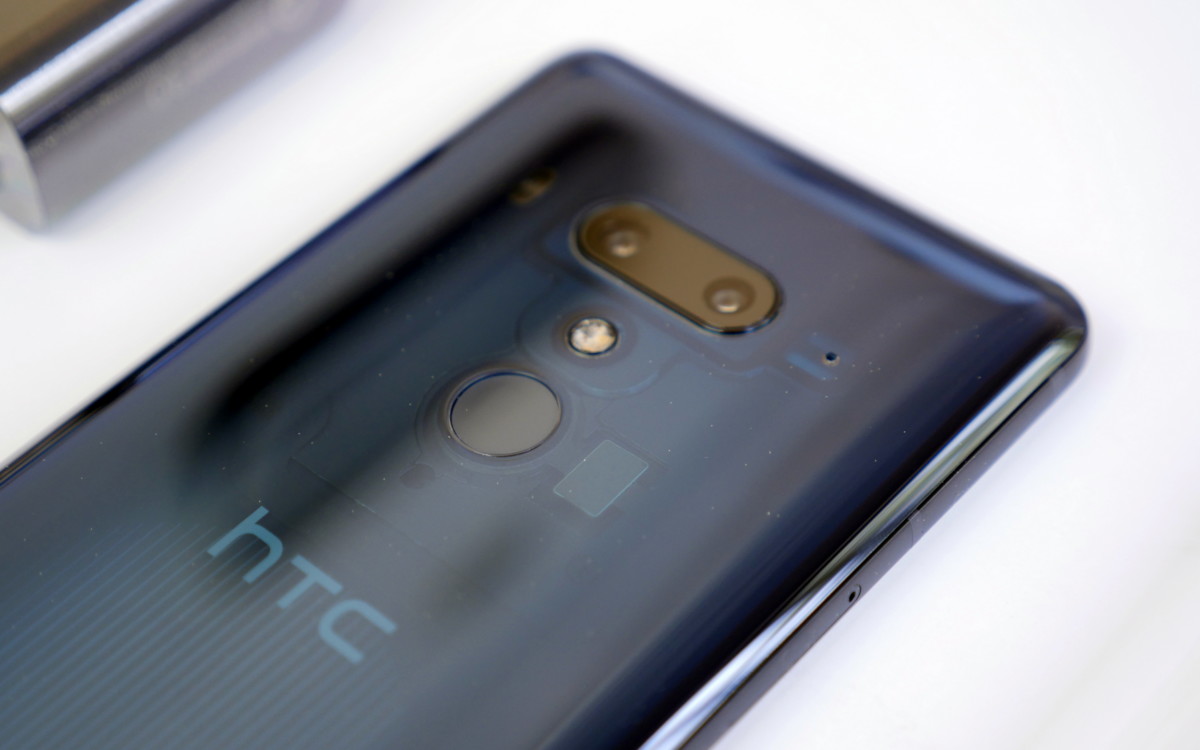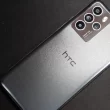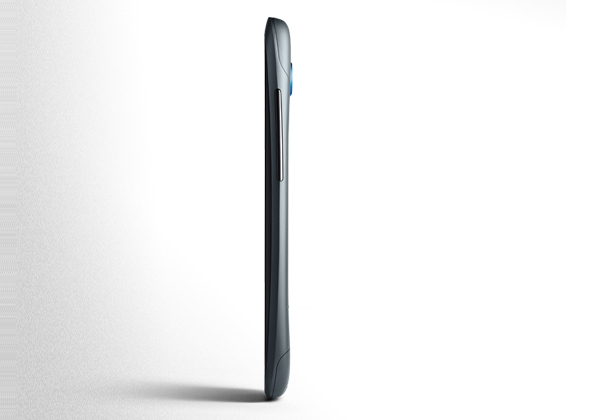It’s not a new thing for companies and mobile phone OEM’s to have a dispute over cross patenting issues. While the patents are older than the smartphone, the technology harks back to the handheld computer when devices like the Apple Newton, Dell Axim or the HP iPaq dominated the sector. A lot of what we see today was built and patented way back when tech mobility was something we hoped to see become dominant. But those patents are key though to the modern smartphones that we use today, therefore highly valuable and protected by the OEM’s they originated from. Obviously it will be an ongoing saga, and whilst Microsoft’s handheld computer market dominated, the introduction of the iPhone changed the mobile playing field forever. Then Android hit the scene, the playing field got broader and brought the hardware manufacturers into the light of day. The contest for mobile dominance has evolved to a space where the device makers propel innovation in the mobile ecosystem, as much, if not more than the software vendors.
Apple is in a unique position when compared to other OEM’s since they are a self contained unit. The control that they have over all of the hardware in their realm has enabled them to control what their mobile product looks like. The lack of fragmentation and device models has allowed them to dominate in the mobile space. The iPhone is the most easily recognizable mobile device, and iOS is probably the most easily adaptable new user OS out there.

While brand power belongs to Apple in the long run, we can’t forget their competition, companies like Samsung and HTC, have been making large inroads into the mobile market and are on their way to becoming household names in the Mobile Phone market. Both companies support multiple operating systems over a wide range of devices, from Symbian and Brew MP to Android to Windows Phone. The other hard player we have to include in the mix is Nokia, who are apparently one of the most trusted brands in Australia. Most users are fans of the OS they are using and the secondary consideration is who makes your device.
I’m an HTC fan and knowing that they have a really high production value contributes to that. Recent patent battles with Apple have done the company a disservice though. All the bad Press over the recent court case seems to have undermined stock holder confidence, which has led to a drop in share prices in the company.
“We think competition is healthy, but competitors should create their own original technology, not steal ours,” Apple CEO Steve Jobs said in the release at the time. Read More
While HTC can produce large and varied quantities of mobile phones, they seem to cross many licensing boundaries that may be subject to legal language. It’s really interesting that two companies can produce similar hardware and patents at the same time, and it comes down to one person to define which company was first. There is also a possibility that HTC devices may be blocked from the US if this decision gets ratified during the Appeal process.













I too am an HTC fan and while I also admire and appreciate Apple as a company, getting HTC blocked from the US wouldn’t make me buy an iPhone. It would just chaff me and make Apple a subject of irritation for me.
I’m not saying that companies should be allowed to steal from one another and it disappoints me greatly to imagine that HTC would consciously do such a thing, but If in fact there have been patent infringements, there must be a better way than getting another manufacturer blocked from the US market.
I think you will find in the long run Apple and HTC will come to an agreement, that does not lead to blocking of the devices. Apple guards it’s IP ferociously, as does HTC, and when two companies make a similair product there would likeley be some crossover, blurred lines about patents both of the companies hold. I’m sure there was no ill intent by HTC involved. This is just par for the course.